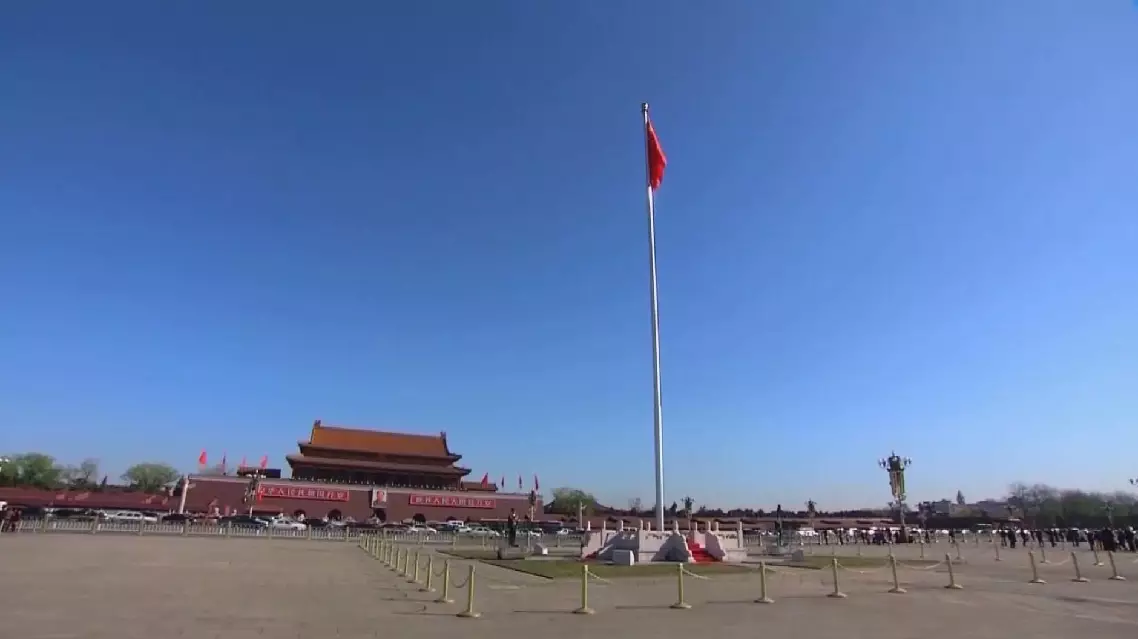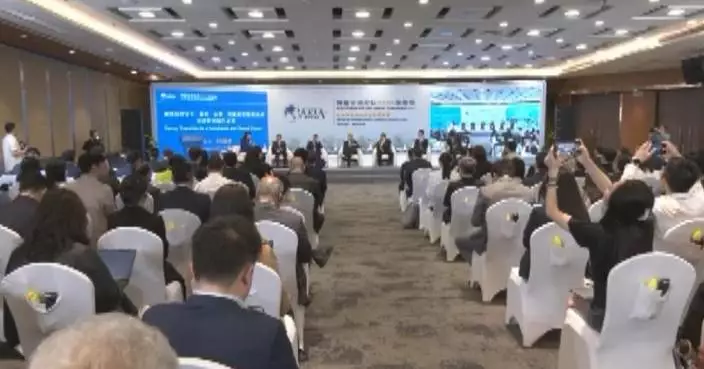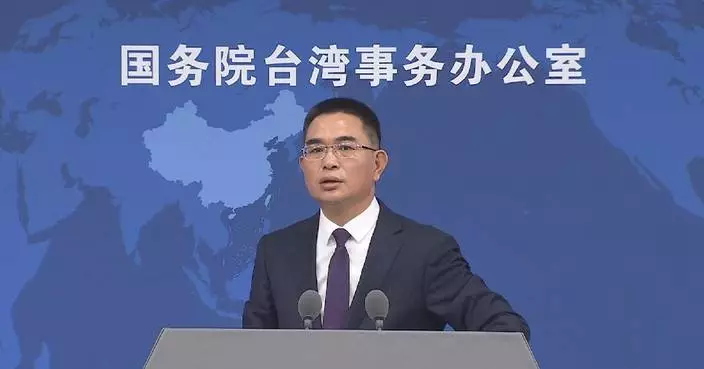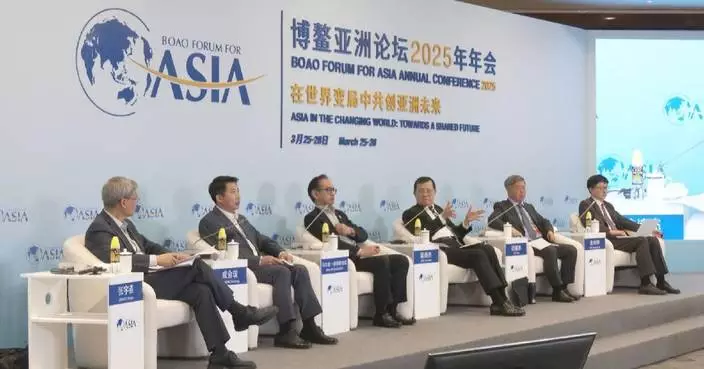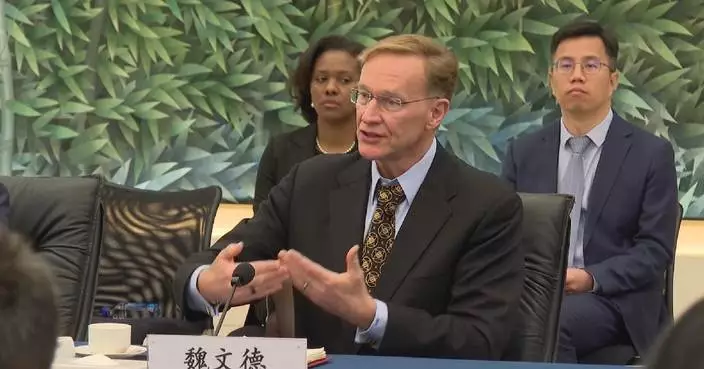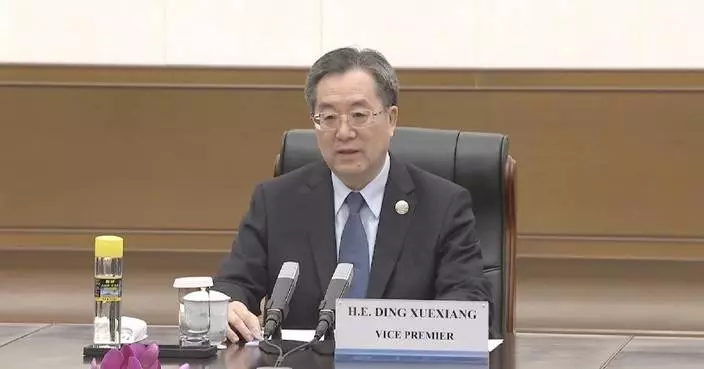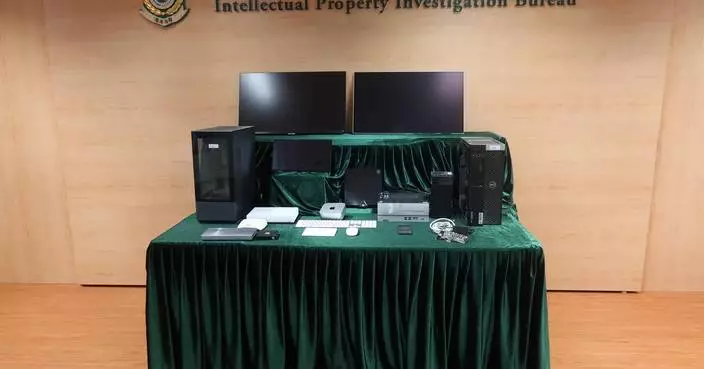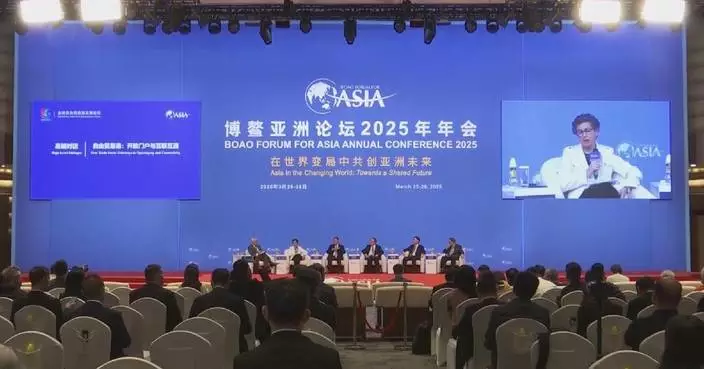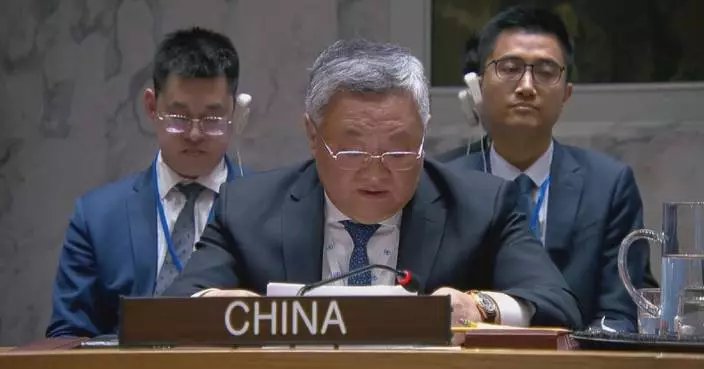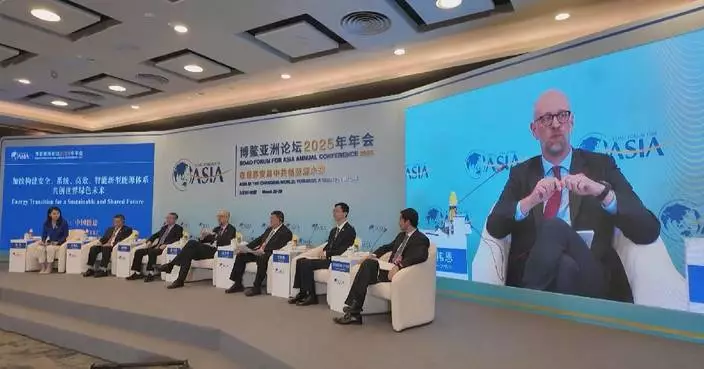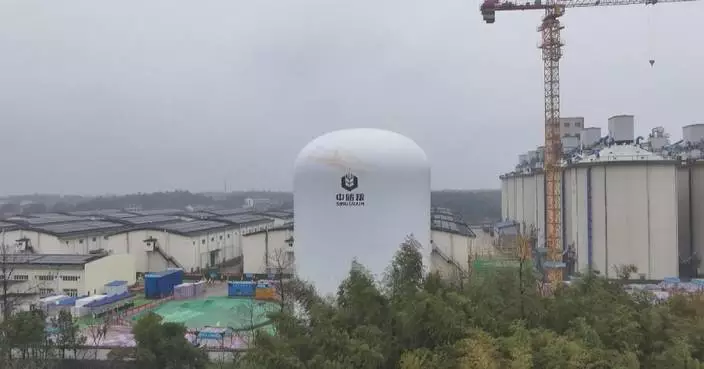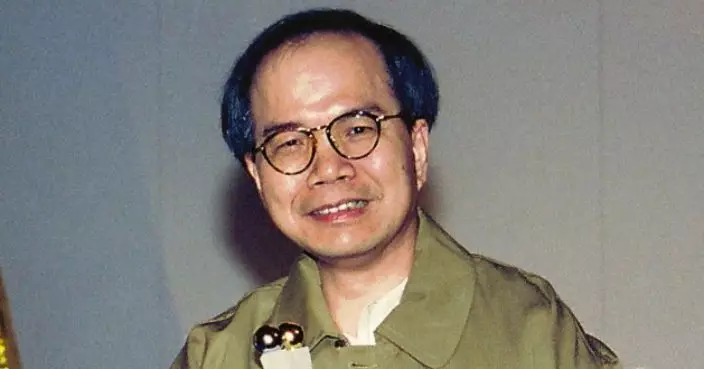China's macro policies focusing on consumption, people's livelihood and advancing technological and industrial innovations were topics of lively discussions during this year's China Development Forum 2025 which were held from March 23 to 24 in Beijing.
The two-day forum brought together over 100 representatives from major international organizations, leading multinational enterprises, and significant research institutions to discuss macroeconomic policies and growth, reforms for fostering new growth drivers, promotion of consumption and domestic demand, scientific and technological innovation meant to lead the development of new quality productive forces, and artificial intelligence intended to promote inclusive development. In the first two months of this year, China's economy continued to gain steam, according to Minister of Finance Lan Fo'an.
"China's economic and fiscal strengths have increased markedly, and we have more practical experience in macroeconomic regulation and fiscal governance. We have drawn confidence and become more assured of ourselves because we always keep our heads clear about risks and have contingency plans in place accordingly. This enables us to have ample fiscal space to respond to potential shocks and challenges," he said in a speech to a symposium during the forum on Sunday.
The forum attendees had in-depth exchanges of views regarding China's economic policies for the year ahead, particularly those targeting domestic consumption and people's livelihood.
"Consumption is not just about spending money. Fundamentally, people need to have an income from work. The private sector plays a key role because only when private enterprises have more confidence to invest, can they help create more jobs. Foreign Investment in the Chinese market will also drive domestic demand. It is not just about capital, but more about being connected to the global economic system. More jobs will also be created from this," said Hai Wen, deputy director of the University Council at Peking University, in an interview with China Central Television.
Many leaders of multinational companies stressed that policies on boosting sci-tech innovation are an important factor for their decision to continuing investment in China.
"In China today, one of the main pillars is innovation. If you want to do innovation, you have to be in China. What China is doing in AI [is] to make our industrial investment going to be really more and more innovated and better for safe and reliable, but also efficient at cost optimization," said Muhammad Abu Nayan, chairman of the Board of Saudi Arabia's ACWA Power company.
"With the emergence of AI, our macro policies will become more targeted, which will yield very positive outcomes. For example, AI technology can enable banks to provide better financial services to small businesses and better serve green finance. All this stimulus will go to the areas in need," said Wu Haisheng, CEO of China's leading credit-tech platform Qifu Technology.

China's macro economic policies generate heated discussions at development forum in Beijing



